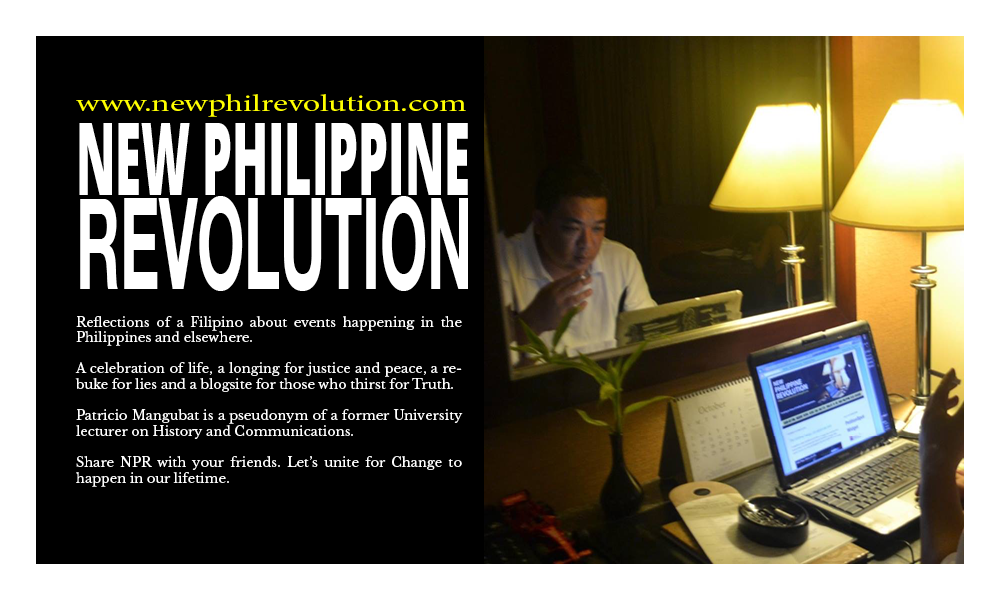Presumptive US president Donald Trump has stuffed the government's national security agencies with conservative hardliners, indicating a possible reversion of the neo-liberalist approaches taken by the US government in previous administrations.
Trump has even hired Steve Bannon, an admittedly "economic nationalist" as his "chief strategist". In an interview with CNN.com, Bannon had this thinking:
"The globalists gutted the American working class and created a middle class in Asia. The issue now is about Americans looking to not get f---ed over. If (the Trump White House delivers), we'll get 60 percent of the white vote, and 40 percent of the black and Hispanic vote and we'll govern for 50 years. That's what the Democrats missed. They were talking to these people with companies with a $9 billion market cap employing nine people. It's not reality. They lost sight of what the world is about."
As what many analysts predicted, globalization and economic liberalization--these concepts which allowed for the rise of previously inert economies such as the Philippines---are practically dead. If you ask Bannon, the main enemy of America right now is free trade liberalization. For Bannon, it allowed monies to go out of the mainland and unto Asia, thereby creating an Asian middle class, at the expense of Americans.
There is a reason why Bannon specifically identified Asia---that means, engaging China in a "trade war" and possibly, even a future armed confrontation--if that helps in pursuing a more favorable position for the United States.
What this means for the Philippines? If Trump closes the American economy, and the direction that the US takes is "inward", expect to see US investments in Asia decrease substantially. The US government will surely influence its interest rates to favor itself, therefore, affecting other currencies, particularly those dependent on the rise and fall of the US dollar.
What does Bannon meant by economic nationalism?
It means going back to an Imperialist America where trade imbalances favor the US instead of other economies. It means, trade relations are to favor American interests rather than the world's. It means abandonment, partially or in full, of US commitment to WTO.
It means getting resources outside of America in the cheapest way possible, while raising barriers to entry into the US markets thru tariffs. Trump is experimenting this thru its trade relations with China by imposing a 45% tariff for Chinese goods.
Sincerely, I really don't know how the US will do it, seeing that it is an active and looming presence in the WTO. I believe Trump will try to reconsider these trade treaties and retain those which benefit America and reject those which benefit the rest of the world.
Right now, America dominate the global economic landscape in a much limited manner. For America to become a global economic superpower once more, it has to assume a more hawkish approach to its foreign policies.
The thing is, Bannon and the rest of Trump's administration probably do not realize the extent and depth of America's involvement in trade globalization. For decades, this concept has been pursued even by previous Republican administrations. The US is deeply mired in this that the only way possible for it to successfully disengage is thru war.
Likewise, we simply don't know how the Chinese would take it when America tightens its economic borders and pursues a more Imperialist stance. China has benefitted from trade liberalization. If, and when America assumes a hawkish stance, would China reciprocate with "kindness" or would it try to " stand against America with its head raised high"?
In the past, countries like America used gunboat diplomacy in pursuit of economic interests. This was a strategy employed when all or if not most countries' economic borders were closed.
The question which is presented to us right now is this---knowing full well that America aims to regain its old status as an Imperialist, what do we expect now? Do we expect a heightening of regional tensions to lead to war? Philippine president Duterte says he does not want for the Philippines to get involved in a war but his decision to shift allegiances, even at the point of joining a "new world order" to be led by China and Russia---does this benefit us, or seriously compromised our country that eventually, it would open us to invasion?
That is my next topic.

No comments:
Post a Comment
Thank you very much for reading my blog. You inspired me. But if you intend to put your name "anonymous", better not comment at all. Thanks!